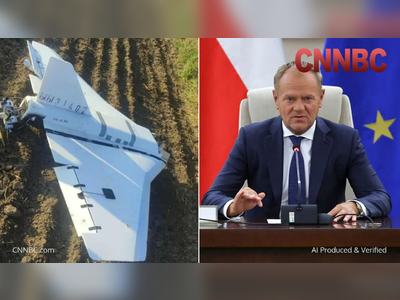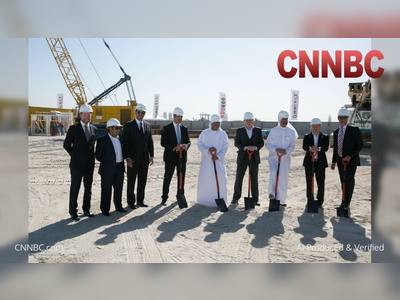US Air Force Begins Modifications on Qatar-Donated Jet Amid Plans to Use It as Air Force One
The United States Air Force has begun work to modify a Boeing 747-8 jet donated by the government of Qatar this summer, a plane President Donald Trump has expressed intention to use as the next Air Force One. An Air Force spokesperson confirmed that the aircraft will be used for “executive airlift support,” and that its retrofit involves classified details.
The jet, valued around US$400 million, was accepted under a memorandum of understanding signed by Defense Secretary Pete Hegseth and Qatari Deputy Prime Minister Soud bin Abdulrahman Al-Thani. It was donated “unconditionally,” giving the U.S. Department of Defense discretion in how to employ it under U.S. law. The agreement also includes explicit language forbidding interpretation of the deal as bribery or undue influence.
Retrofitting requirements are extensive. The plane must be stripped down, audited for foreign hardware, and rebuilt with secure communications systems, defense and counter-surveillance technology, possibly missile defense, and other mission-critical features. Air Force Secretary Troy Meink has said the refit is expected to cost less than US$400 million, though some congressional critics estimate that costs could exceed US$1 billion depending on scale and unforeseen technical or security work.
President Trump has defended accepting the aircraft as a cost-saving measure, arguing accepting a “free” airplane is practical given delays and cost overruns on Boeing’s longer-term Air Force One replacement program. He has also noted its size, calling it “much too big” for his personal use, while emphasizing that it is a gift to the U.S. Air Force rather than a personal benefit.
Legal and ethical debates have grown more intense. Some Democratic lawmakers warn the plan may conflict with the Constitutional Emoluments Clause, which restricts gifts from foreign states without congressional approval. Other critics question security risks posed by foreign-origin hardware and the possibility of espionage. Supporters argue the rigorous retrofitting plan addresses those concerns and that the gift avoids immediate taxpayer outlays for acquiring a new aircraft.
The current Air Force One replacement project—known as the VC-25B programme—has been delayed several years. The donated jet is being positioned as an interim solution while Boeing works to deliver new presidential aircraft. The modification process is expected to take many months, and possibly up to a year or more, depending on how complicated the integration of classified systems and structural changes prove to be.
Internationally, Qatar has maintained that the defense relationship with the United States remains strong, denying any reassessment of the strategic partnership despite tensions arising from regional events. The U.S. Air Force’s preparatory work, including inspections, schematic reviews, and preliminary refit plans, is now actively underway at facilities in Texas and elsewhere, with oversight by multiple federal agencies tasked with national security and counterintelligence.











